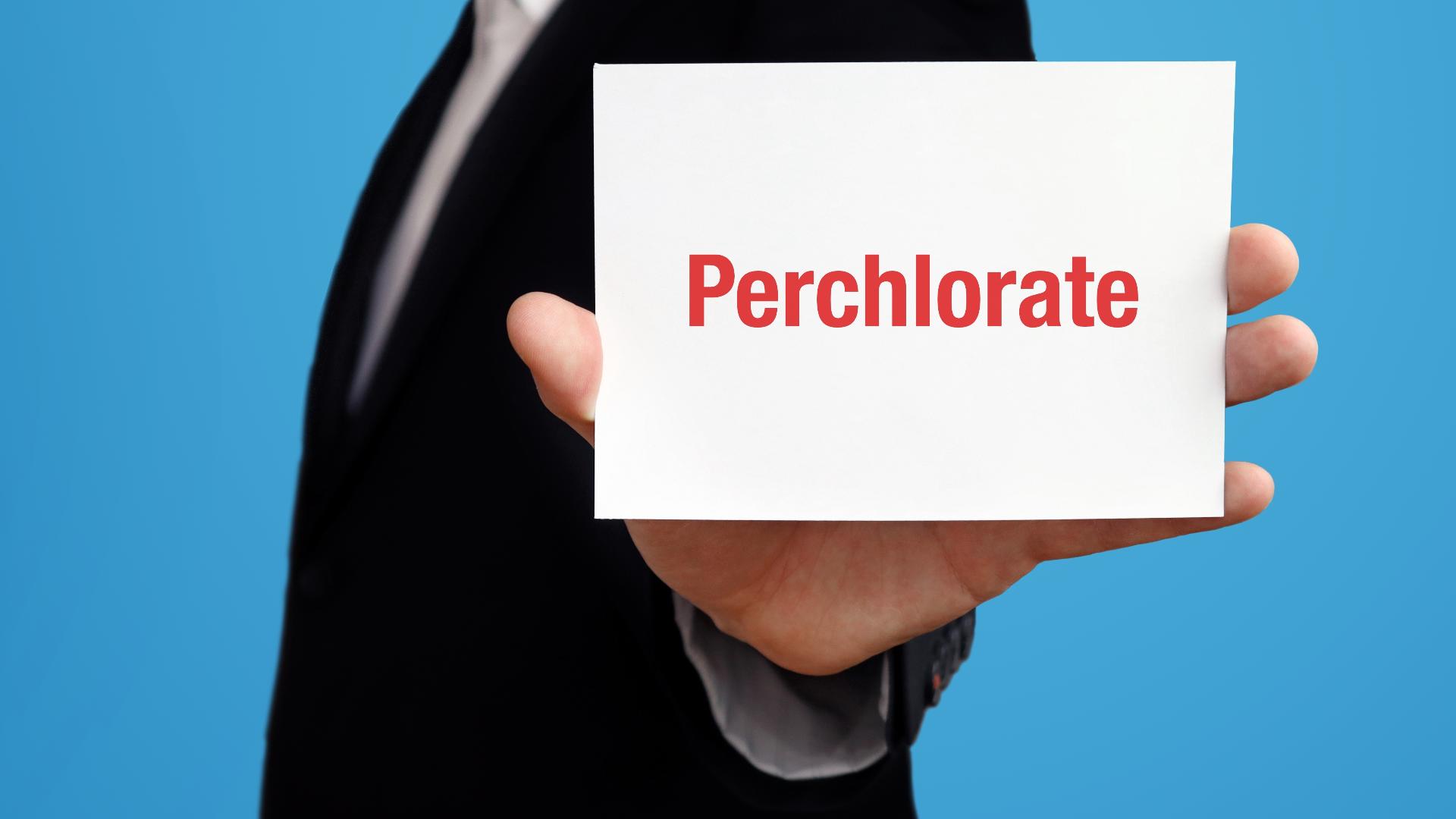GREENSBORO, N.C. — It’s hardly a household name, but Perchlorate is a chemical that helps rockets reach for the stars. It's also known to enter our food system through contaminated water used in crop irrigation, and plastics used in food storage.
How serious is the problem? Consumer Reports recent tests found perchlorate in two-thirds of food samples, with the highest levels in baby and kids food, fast food, and fresh produce – such as boxed mac and cheese and baby rice cereal, and even in some seemingly healthier options like cucumbers and baby carrots.
While no single serving exceeded safety limits, multiple servings throughout the day could add up to concerning levels, especially for kids.
"CR is concerned because perchlorate can disrupt thyroid function, potentially affecting metabolism in adults and brain development in fetuses and young children," said James Rogers, Consumer Reports, Director of Food & Product Safety.
CR reached out to several food companies, including major baby food manufacturers, about these findings. None have provided comments so far on whether they're aware of and taking steps to minimize it in their products.
The EPA is now under court order to propose limits on perchlorate in drinking water by November 2025.
So what can you do now to improve the safety of the food you feed your family?
Parents should be aware of these findings but not panic. The best approach is to feed children a varied diet of healthy foods to minimize potential risks from any single source.
Also, getting adequate iodine intake can help offset perchlorate’s effects. Foods like whole-wheat bread, seafood, dairy products, and eggs help you get your daily dosage of iodine without the extra sodium from iodized salt.

